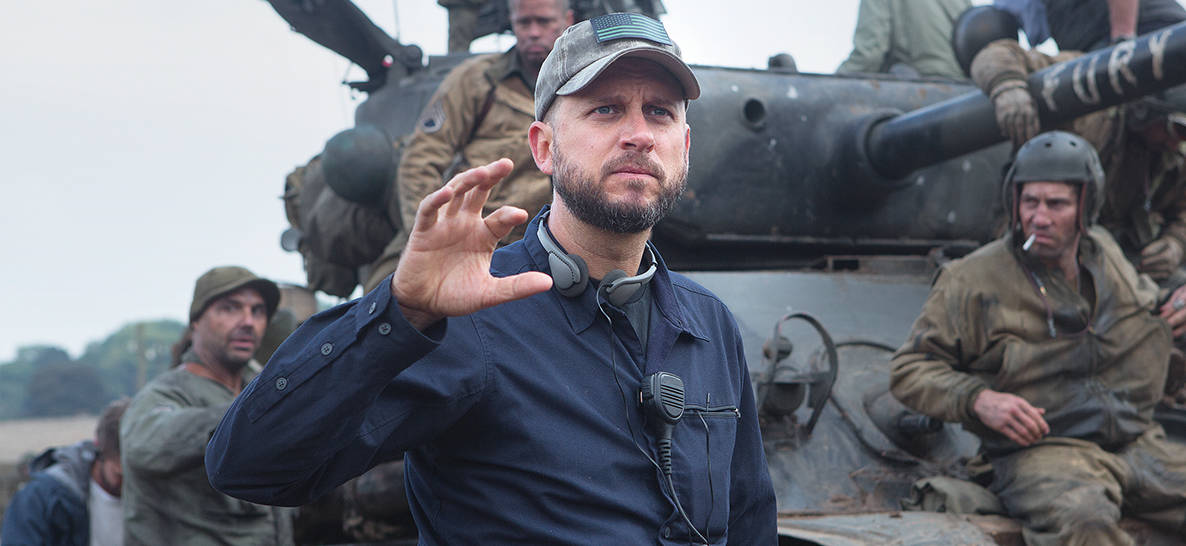
Fury is one of the most brutal, grueling war films since 1998’s Saving Private Ryan. It centers on a WWII tank unit led by Don “Wardaddy” Collier (Brad Pitt). Actors Shia LaBeouf, Michael Peña, Jon Bernthal and Logan Lerman fill out the tank named Fury.
The film is a technical marvel with painstaking attention to detail and authenticity, and it also touches on deep spiritual themes. We talked to the film’s writer and director, David Ayer, about faith, redemption and the morality of war.
In the film, you show the moral struggles of war. How do those play out?
People are drawn to WWII because it was a contest of good and evil. This enemy with no concept of human rights threw the rule book out on fighting, and our soldiers had to face that. It was a different world back then. Our men who fought did a lot of things that are pretty edgy, pretty tough. All of the things in the movie are things that happened.
The question then becomes, how do you maintain your humanity—your moral center—as a soldier when you have permission to cross the line sometimes? I can’t answer those questions, because I think the answer is in your own heart. And that’s something that fascinates me. How do you not lose yourself? How do you not lose your morality? How do you not lose your faith? You can only answer those questions yourself.
Tell us about the religious elements in the film.
In war films, you’ll often see a person of faith, but the way they’re depicted often feels caricatured. It was important to me to show how someone can lean on Scripture and their relationship with Christ in an environment where they’re seeing this much inhumanity and destruction. [There’s] a strength and a power in that, and I wanted to depict that, so I wrote this character [“Bible,” played by Shia LaBeouf].
Is redemption possible for these characters who have lost something of themselves?
Absolutely. One of the tankers that came to meet with the actors was saved after the war and became a pastor. He made his life about ministry and spreading the good news because I think he saw and experienced so much and may have done some things himself that didn’t sit right in his heart. He came out of that war a transformed man. I’m a big believer that, no matter who you are, there’s redemption for you, and there is forgiveness.
Your brutally honest depiction of war makes many question why we continue to fight. Was that tension intentional?
That’s the paradox of warfare. I come from a military family. And I served. No one who’s ever seen a buddy die, no one who’s had to take a life, no one who’s seen the evil that’s out there firsthand is ever going to say it’s a good thing. It’s a terrible thing, and no one’s going to tell you more loudly and more clearly that war is a horrible thing than military personnel. That’s the paradox of it: the nobility of knowing what you’re going to see and expose yourself to and the moral hazards you’re going to experience in undertaking your duty with honor and with pride. There’s great nobility in that. I don’t know if people understand those things, and I want people to get a little insight into that.




















